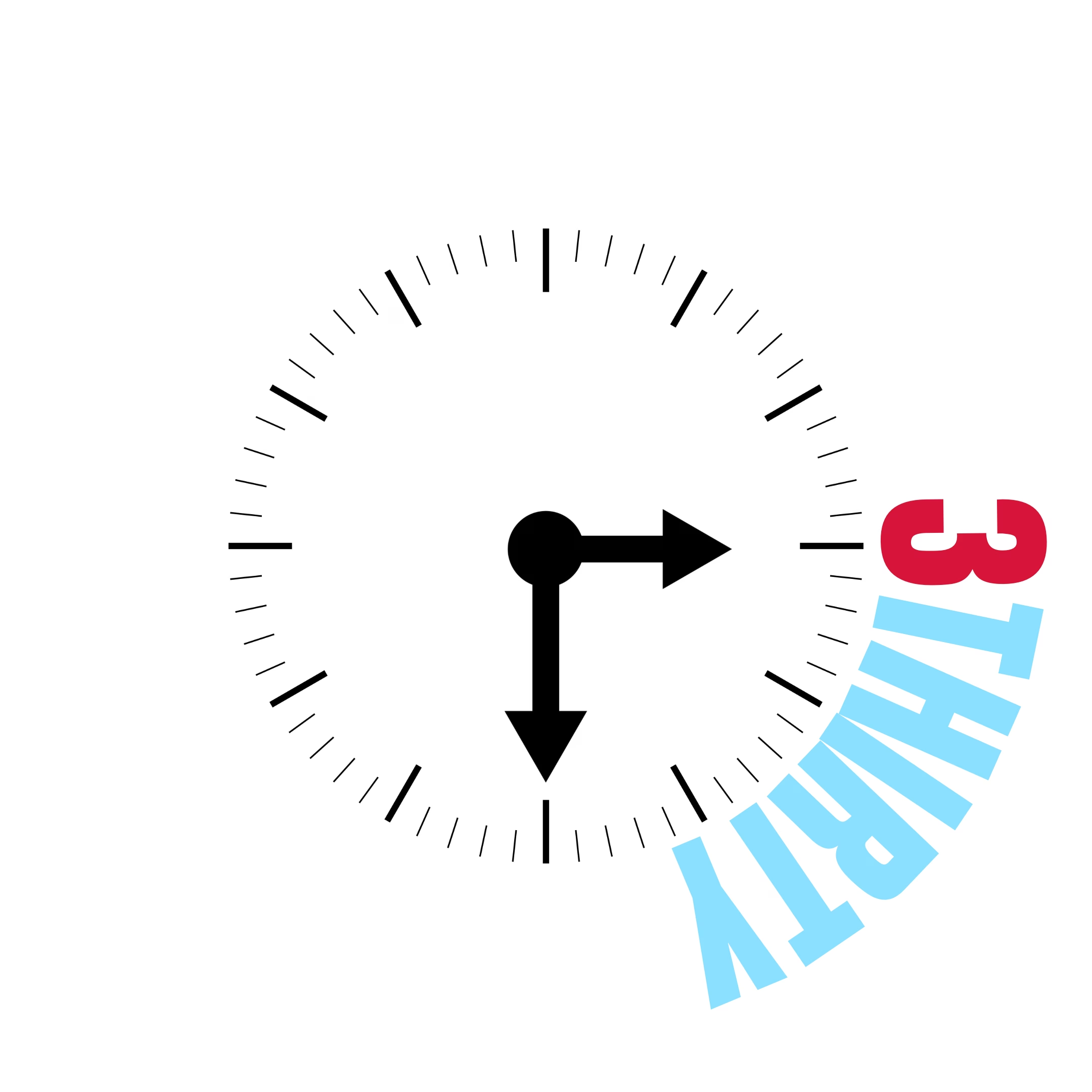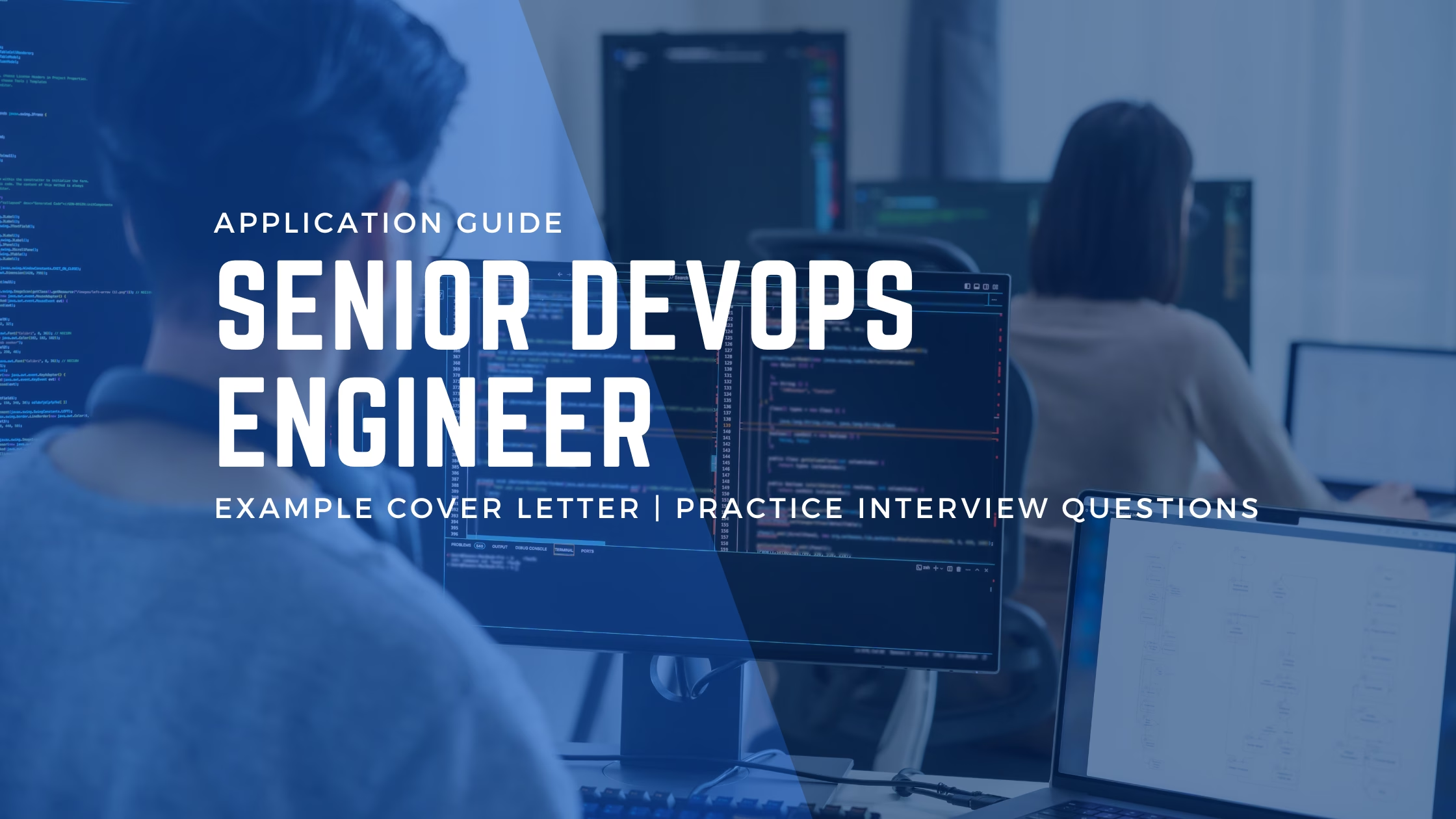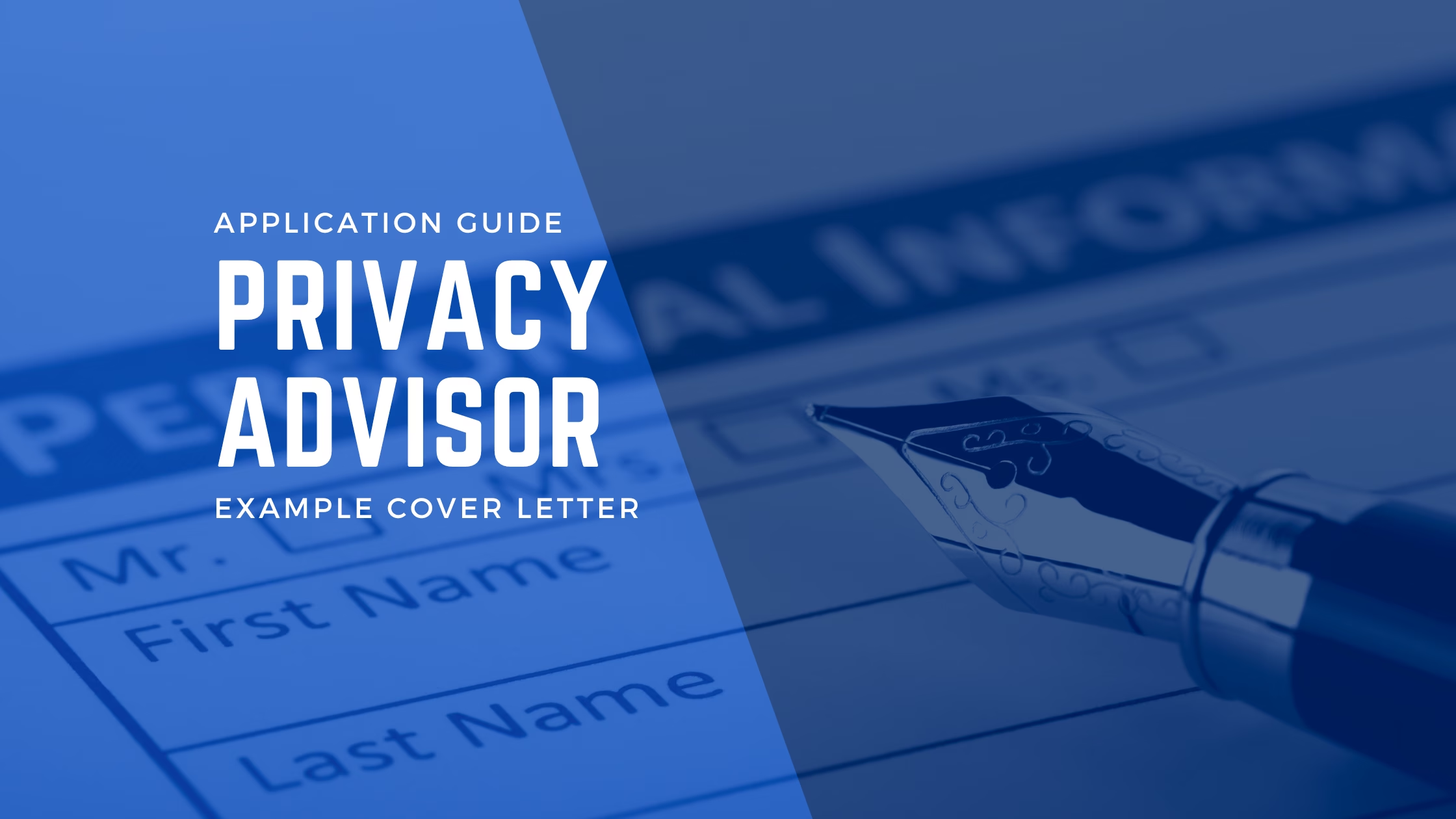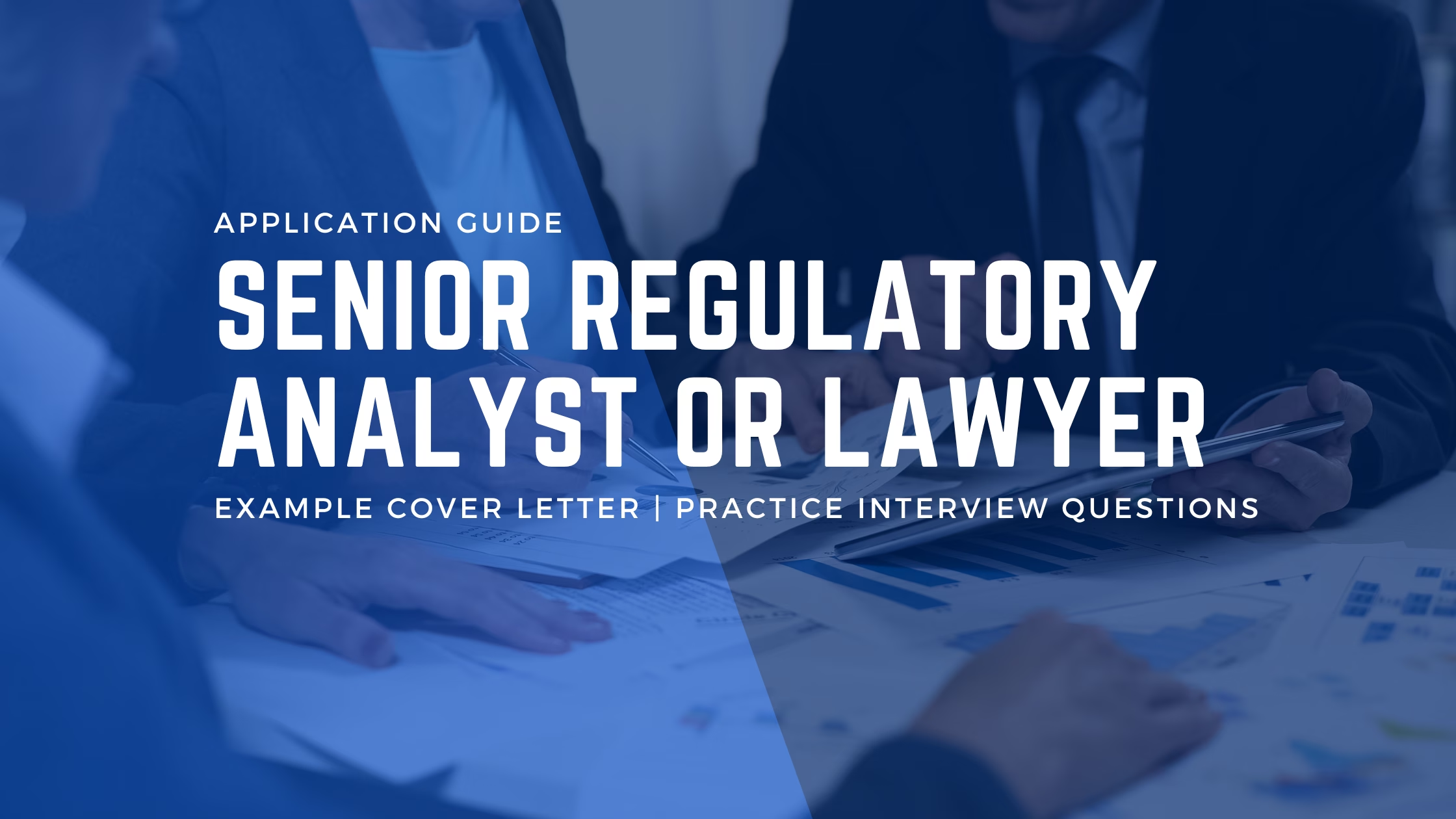Thinking of taking your DevOps skills to the next level? Service NSW’s Digital Services team is hiring a Senior DevOps Engineer to build and run the container platform that powers 40 product teams, 4 000+ workloads and millions of customer interactions every day. This is a NSW Public Sector role with Grade 9/10 salary starting at $126K, flexible working, and the chance to shape how government delivers digital services state-wide.
In this guide you’ll learn exactly what the role involves, how to apply, and how to craft a winning government cover letter.
If you can automate CI/CD in your sleep but want bigger impact than yet another private‑sector sprint, this Devop job lets you modernise government infrastructure while enjoying public‑sector benefits.
If you’re new to public sector recruitment, check out this unofficial guide to NSW Public Sector recruitment for more insider tips and context.
Table of Contents
Senior DevOps Engineer Salary and Overview
| Position Title | Senior DevOps Engineer |
| Organisation / Entity | Service NSW – Department of Customer Service |
| Job Location(s) | Haymarket • Parramatta • Gosford (plus flexible NSW locations) |
| Work Type | Full‑Time (ongoing & temporary until Sept 2027) |
| Base Pay | $126 898 – $152 845 + super |
| Closing Date | 18 April 2025 – 10:00 AM |
About the Senior DevOps Engineer with Service NSW
Service NSW is the customer‑facing arm of the NSW Public Sector. Its Digital Services division is responsible for the apps, APIs and cloud platforms that let citizens renew licences, claim rebates and book appointments online. As a Senior DevOps Engineer—known internally as a Container Platform Engineer—you will design, build and optimise a Red Hat OpenShift cluster on Amazon Web Services. You’ll work side‑by‑side with 250 business product‑team engineers, champion DevSecOps practices, and ensure every deployment is secure, observable and fast.
This government job offers the best of both worlds: modern tooling (Kubernetes, AWS, Terraform, GitLab) and the stability of a NSW government job with flexible working, generous leave and clear career pathways. If you’ve ever Googled “what is DevOps” and ended up mastering CI/CD pipelines, this is the natural next step.
The Senior DevOps Engineer plays a key role in driving innovation and best practices in DevOps, helping teams adopt agile methodologies and modern technologies to deliver high-quality, scalable software. This role focuses on efficient platform engineering, proactive monitoring, and automation to ensure optimal performance across systems.
The engineer provides technical consulting across the project lifecycle—contributing strategic advice, risk mitigation, and alignment with ICT architecture. Responsibilities also include maintaining support strategies, automating operational processes, and ensuring system designs transition smoothly into operation.
Beyond technical duties, the role includes mentoring team members, supporting internal and external stakeholders, and preparing clear, concise reports and briefings for senior leaders in line with government protocols.
Challenges for a Senior DevOps Engineer
This is a highly technical government role, and you’ll need to lead:
- Scaling 4 000+ container workloads without downtime or cost blow‑outs.
- Migrating legacy apps to OpenShift on AWS while maintaining PCI‑DSS‑level security.
- Embedding DevSecOps controls—think GitLab pipelines, Terraform IaC and automated compliance scans—across 40 agile product teams.
- Mentoring developers in azure devops, Kubernetes and container troubleshooting.
- Meeting strict NSW Government cyber‑resilience targets while still delivering features fast.
Why Senior DevOps Engineer Is a Great Opportunity
This is an excellent opportunity for a skilled DevOps professional looking to transition into the public sector.
These capabilities are still emerging within government, meaning you’ll face less competition from internal applicants—though some interest from existing DevOps teams is expected. If you’ve got the right skillset, now’s the perfect time to make your move.
Secure this role and take advantage of:
- Career growth – Tap into internal talent pools, leadership pathways, and professional development budgets.
- Competitive pay & benefits – Grade 9/10 salary up to $152,845 plus 11.5% super and annual leave loading.
- Flexible working & multiple hubs – Base yourself in Haymarket, Parramatta, Gosford, or another NSW location that works for you.
- Modern tech stack – Work with AWS ROSA, OpenShift 4, GitLab CI/CD, Terraform, and advanced observability tools.
- Real public-sector impact – Every improvement you deliver helps speed up services for more than six million NSW residents.
Application Requirements for Senior DevOps Engineer
Service NSW Application Process
Applying for a NSW Public Sector role is different from most private‑sector recruitment processes. You’ll need to submit your application through the iworkfornsw portal and provide:
- Résumé outlining relevant devops achievements and experience.
- Cover Letter (maximum two pages) explaining your suitability.
There are no target questions listed in this ad, so use your cover letter to address the Essential Requirements and Focus Capabilities.
The recruitment team assesses your evidence against the NSW Capability Framework, so structure your examples with the STAR method and align them to the role’s behavioural indicators.
Essential Role Requirements
To make it through to shortlisting, you’ll need to address these keys requirements as much as possible in your two page cover letter.
- Understanding and experience of containers orchestration/management platforms (preferably AWS ROSA or OpenShift).
- Kubernetes experience.
- DevSecOps experience, including Git (GitLab preferred).
- Strong CI/CD pipelines experience (including some Terraform is preferred).
- AWS Cloud experience (and data services preferred: RDS, Redis, RabbitMQ, SQS, DynamoDB, S3).
- Linux OS skills.
- Docker/OCI skills.
- Containerised application experience (Java/Kotlin, Node etc.), including troubleshooting of apps in containers.
- Some “Train-the-trainer” skills for technical training of other internal staff.
What to Include in Your Government Cover Letter
Address each requirement above using STAR stories that show scope, complexity and measurable outcomes. For efficiency, you can combine a few of the relevant points into the one, clear example of how you’ve applied these skills.
To get started on the right path download the free government cover letter template and check out the example cover letter below.
Application Checklist For Senior DevOps Engineer
| Download the free cover‑letter template here |
| Draft a two‑page cover letter using STAR structure |
| Get your cover letter reviewed for only $29 – submit it here |
| Update résumé with relevant experience |
| Review Focus Capabilities in the role description |
| Submit application via iworkfornsw before 18 April 2025 |
Candidate Profile
Priya is a Newcastle-based Senior DevOps Engineer with six years of hands-on experience in cloud transformation, automation, and containerisation. She began her career as a Software Engineer at a mid-sized financial services company in Sydney, where she was first introduced to automation and CI/CD through Azure DevOps. Over three years, she became the go-to person for streamlining release processes and reducing deployment times.
In her next role at a national logistics firm, Priya led the migration of several legacy on-prem Java applications to AWS, helping the organisation transition to a more agile, cloud-native architecture. During this time, she also honed her skills in infrastructure as code using Terraform and developed robust CI/CD pipelines integrating security scans and automated testing—laying the foundation for her growing interest in DevSecOps.
Most recently, Priya has been working for a tech consultancy in the Hunter region, where she supports Kubernetes-based environments and delivers containerised solutions using OpenShift and AWS ROSA. She has also been instrumental in developing internal DevOps best practices, mentoring junior engineers, and implementing proactive monitoring and observability tools.
Priya is now seeking a government role with Service NSW for greater job security, flexible working arrangements, and the opportunity to make a meaningful impact by improving digital services for millions of citizens. With deep expertise in Kubernetes, automation, and secure cloud deployment, Priya’s skill set is a perfect match for Service NSW’s modern container platform strategy.
Example Senior DevOps Engineer Cover Letter
Click here to download a free public sector cover letter template
Dear Hiring Manager,
I am writing to apply for the Senior DevOps Engineer position at Service NSW. With six years of experience delivering scalable, secure, and automated solutions across cloud and containerised platforms, I bring a strong technical foundation and a collaborative mindset that aligns well with your organisation’s digital mission.
In my most recent role at a Newcastle-based consultancy, I led a project to modernise a suite of legacy Java applications by migrating them to AWS and deploying them as containers on OpenShift 4. This required designing a secure, scalable architecture leveraging AWS ROSA, alongside implementing Kubernetes-native CI/CD pipelines in GitLab. The task involved not only standing up infrastructure using Terraform, but also refactoring apps for container readiness and configuring monitoring and alerting using Prometheus and Grafana. As a result, we reduced deployment time by 75% and improved system availability through self-healing and autoscaling configurations.
Security was a key focus during this project. I embedded DevSecOps practices into the pipeline—introducing automated static code analysis, container image scanning, and secret management—ensuring compliance with internal audit requirements. By working closely with developers and security teams, we shifted security left, which prevented several vulnerabilities from reaching production.
Earlier in my career, while working for a financial services company, I built and maintained CI/CD pipelines in Azure DevOps for .NET and Node.js services. I migrated build steps into reusable templates and integrated testing and deployment stages across environments. I also used Terraform to manage AWS resources such as S3, RDS, and SQS, which were foundational to the team’s transition away from on-prem infrastructure. My hands-on experience with AWS data services—including DynamoDB, Redis, and RabbitMQ—helped optimise both performance and cost in cloud-based microservices.
My day-to-day work has always relied on strong Linux skills, particularly for troubleshooting containerised applications and managing system-level configurations. I’m confident navigating Docker and OCI container runtimes, whether debugging application issues within Java and Kotlin containers or optimising resource limits and readiness probes in Kubernetes.
Beyond technical delivery, I’ve taken pride in mentoring junior DevOps engineers and application developers. I developed and delivered internal training sessions on GitLab CI/CD workflows, Terraform basics, and Kubernetes troubleshooting techniques. These “train-the-trainer” experiences not only helped uplift capability within the team but also strengthened my ability to explain complex concepts in simple, practical terms.
I am excited by the opportunity to apply these skills at Service NSW and contribute to high-impact projects that improve services for millions of citizens.
Thank you for considering my application. I welcome the opportunity to discuss how my experience and approach can contribute to your team’s success.
Warm regards,
Priya
How To Use The STAR Technique
The STAR technique—Situation, Task, Action, Result—is the NSW Public Sector’s preferred way to evaluate evidence of your skills. Use it in your cover letter, résumé and interview answers:
- Situation – give brief context (“legacy pipeline took three hours”).
- Task – describe your responsibility (“cut release time”).
- Action – outline what you did (“implemented GitLab CI/CD with Terraform and automated security scans”).
- Result – finish with measurable impact (“releases now 40 minutes; downtime savings of $120 k”).
Notice how in the sample cover letter the STAR approach has been used to describe highly relevant experience for this role.
How to Prepare for a Public Sector Interview
Public‑sector panels want evidence you can hit the ground running in a Devop environment.
Government job interviews are highly structured, so follow these steps to prepare:
- Review the Focus Capabilities – open the role description and note the behavioural indicators for the focus capabilities.
- Brainstorm Examples – list real situations where you built CI/CD pipelines, resolved production incidents or led DevSecOps initiatives.
- Match to Indicators – align each example to capability language
- Use STAR – structure answers clearly so the panel can score you against merit criteria.
- Practise & Use Notes – if the panel allows, bring dot‑point notes; if not, rehearse until stories flow naturally.
For this role, you’ll also need to demonstrate how you meet the occupation-specific capabilities outlined in the Skills Framework for the Information Age (SFIA). SFIA is a globally recognised framework adopted by the NSW Public Sector’s ICT and Digital Leadership Group in 2012. It serves as the standard for assessing the technical competencies of ICT professionals and is used alongside the NSW Public Sector Capability Framework to support workforce planning, recruitment, and development across ICT roles.
Master the SFIA capabilities and the general public sector capabilities before your interview.
Three likely interview questions:
- Describe a time you automated a complex deployment pipeline—what tools did you choose and why?
- How do you embed security into every stage of the DevOps lifecycle?
- Tell us about a major incident you resolved in a container platform. What was the root cause and what preventative measures did you implement?
Need more practice? Download the Public Sector Interview Questions & Answers workbook for expert guidance – you’ll need to get workbooks up to the Advanced level for this role.
Get Ready To Apply For Senior DevOps Engineer
Click here to apply for the Senior DevOps Engineer (Devop) role
To start your cover letter you can use this free template – it is the same one that I’ve used to successfully apply for government jobs. Remember to keep it to a two page limit.
Before you hit submit, invest just $29 in a professional cover‑letter review—it’s the quickest way to boost your chances in a competitive NSW Public Sector recruitment process.
Good luck—your next DevOps challenge awaits inside Service NSW Digital Services!





